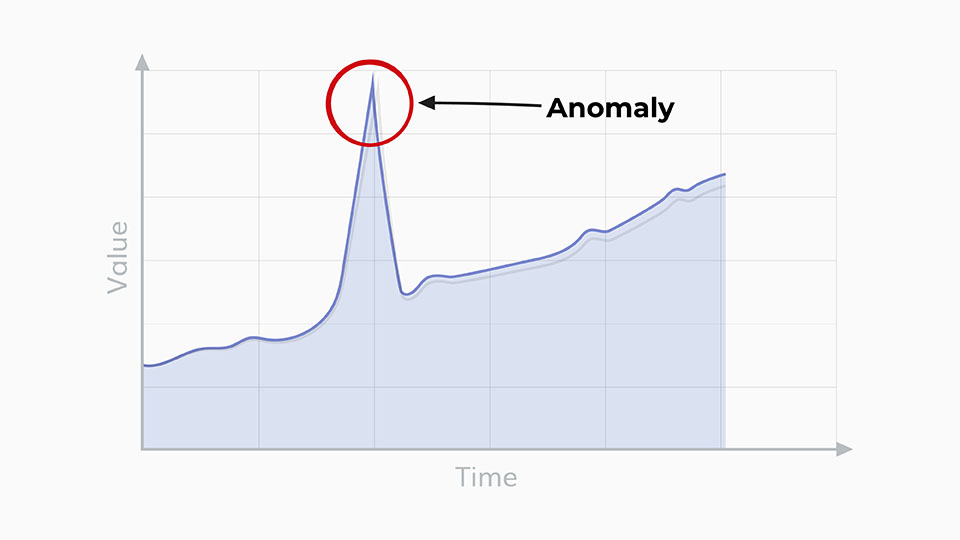

Anomaly is a deviation from what is expected. In science, an anomaly is an observation that does not fit with the current understanding of how the world works.
Anomalies can be caused by a variety of factors, including errors in measurement, natural variation, or new discoveries. They can also be caused by human activities, such as pollution or climate change.
Anomalies can be very important in science. They can help scientists to identify new problems, to develop new theories, and to make new discoveries.
Here's an example of an anomaly in science:
The scientists were puzzled by the anomaly in the data.

Noun: anomaly.
Adjective: anomalous.
Adverb: anomalously.
Synonyms: abnormality, discrepancy, deviation, irregularity, oddity.
Antonyms: normality, regularity, uniformity.
The word "anomaly" comes from the Greek word anomalia, which means "irregularity." The Greek word is made up of the prefix a ("not") and the noun nomon ("law").
What is an anomaly?
Question:
What is an anomaly?
Answer:
Anomalies can be caused by a number of factors, including:
Address
Developing Experts Limited
Exchange Street Buildings
35-37 Exchange Street
Norwich
NR2 1DP
UK
Phone
01603 273515
Email
hello@developingexperts.com
Copyright 2025 Developing Experts, All rights reserved.